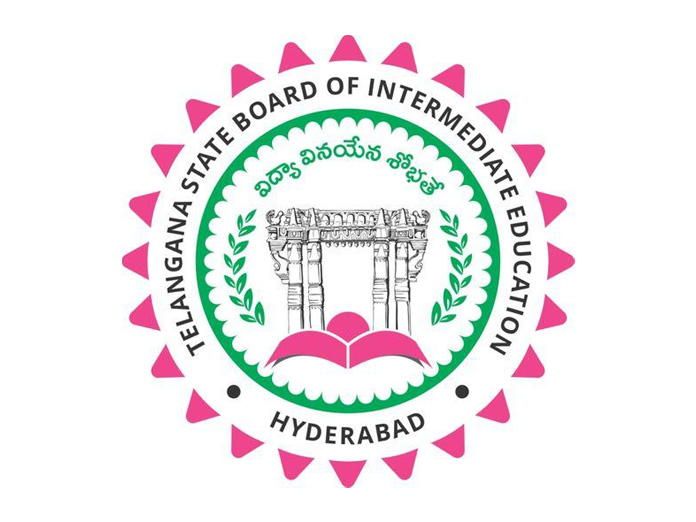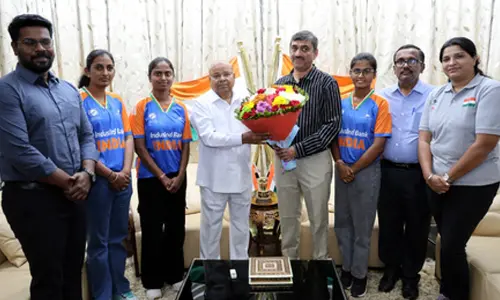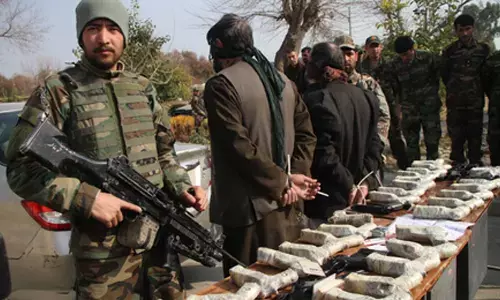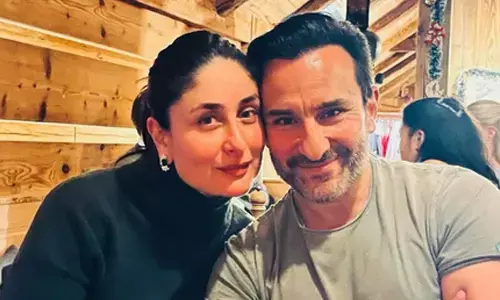Revision of subjects ritualistic under TSBIE

Telangana State Board of Intermediate Education TSBIE has embarked on a project to revise the Civics syllabus after a gap of five years It provoked criticism because the way the TSBIE is taking up the revision of subjects has become a ritual
Hyderabad: Telangana State Board of Intermediate Education (TSBIE) has embarked on a project to revise the Civics syllabus after a gap of five years. It provoked criticism because the way the TSBIE is taking up the revision of subjects has become a ritual.
According to sources, the TSBIE has constituted a committee to revise Civics subject in Intermediate course. But, it is going the same way as it was carried out earlier, leaving students of Intermediate at a disadvantage vis-a-vis their counterparts studying 10+2 under Central Board of Secondary Education (CBSE).
Speaking to The Hans India, one of the members of the committee said, currently, the first year intermediate civic students study chapters like theories of the State, Constitution and the like. All these topics fall under political science, which, they will study again at degree level. Similarly, in the second-year syllabus, they are studying topics like good governance, e-governance and the like. They fall under the public administration subject at the degree level, he added.
This leaves the TSBIE students only two options. Either they should study political science or public administration specialisation at the degree level along with one more subject at the degree level. However, the future prospects for it are not that bright when compared to their counterparts studying under the CBSE.
Another member of the committee pointed out that the CBSE has introduced legal studies at the 10+2 level. The CBSE syllabus allows the students to study not only the topics covered under political science and public administration but also, those falling under the law.
In turn, the CBSE students can opt for a five-integrated course in law. In turn, they can study political science, public administration, economics and other subjects in the first three years of their integrated law course.
Besides, "They can also comfortably compete in the national level Common Law Admission Test (CLAT), for which, the TSBIE students need additional preparation," he added. Adding, students who studied political science and public administration at the degree level cannot choose the same combination of subjects to appear in civil service examinations. However, their counterparts can choose law, along with either political science or public administration to appear in civil service examinations.
Unlike those studied in the State syllabus, the CBSE students are also eligible to enrol in the paralegal certification, diploma courses on intellectual property rights and the like after completion of their 10+2 course.
When asked why these issues are not raised in the syllabus revision committee meetings, “It was always the professors who are attending as experts dominate the whole revision and finalisation of the syllabus. Hence, more or less, with little changes made here and there, it is the same syllabus continuing for decades,” he said.
A senior TSBIE official said a 30-member syllabus revision committee was constituted with professors from different universities and junior lecturers as experts. The committee is expected to finalise the syllabus and the revised syllabus will be taught in the junior colleges for the next five years, he said.














